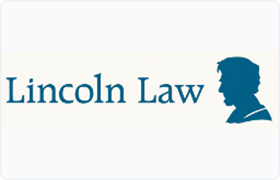Provo Bankruptcy & Debt Lawyer, Utah
Sponsored Law Firm
-
 x
x

Click For More Info:
-
Lincoln Law
921 West Center St Orem, UT 84057» view mapBankruptcy & Debt Committed to Our Clients
Lincoln Law was established to provide relief to those in debt. We've helped thousands of families regain control of their finances and live debt-free again.
800-404-0018
Andrew Curtis
✓ VERIFIEDBankruptcy & Debt
Andrew Curtis graduated cum laude from the Oklahoma City University School of Law in 2011. Andrew won a CALI award for achieving the highest score in... (more)
Michael A. Parkes
Alimony & Spousal Support, Criminal, Bankruptcy Litigation, Child Support
Status: In Good Standing
Aaron R Harris
Divorce & Family Law, Civil & Human Rights, Business, Bankruptcy
Status: In Good Standing
Aaron K Johnstun
Securities Fraud , Business & Trade, Bankruptcy Litigation, Bankruptcy
Status: In Good Standing Licensed: 17 Years
Aaron P. Wise
Social Security, Workers' Compensation, Bankruptcy, Personal Injury
Status: In Good Standing
Aaron S. Bartholomew
Litigation, Civil Rights, Corporate, Collection
Status: In Good Standing Licensed: 21 Years
Aaron Benson
Landlord-Tenant, Family Law, Bankruptcy, Personal Injury
Status: In Good Standing Licensed: 12 Years
 Andrew Curtis Orem, UT
Andrew Curtis Orem, UT

